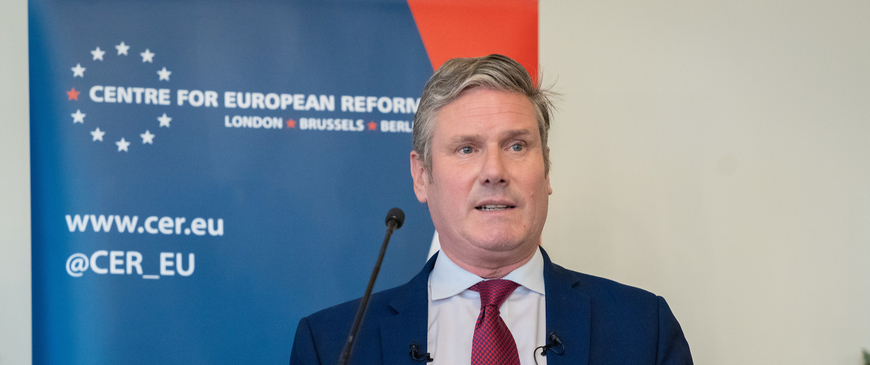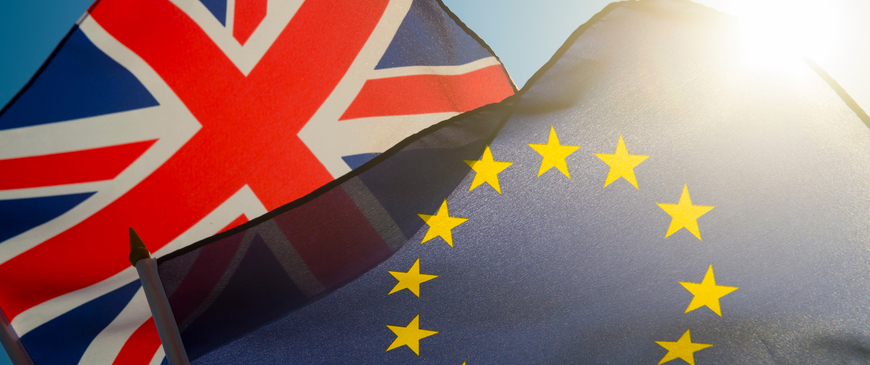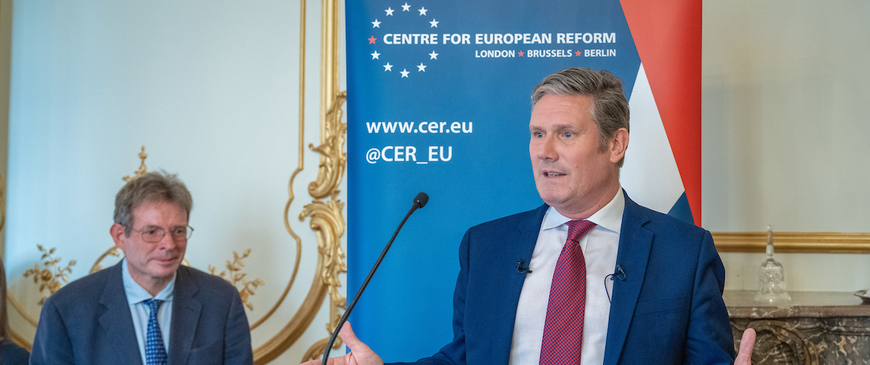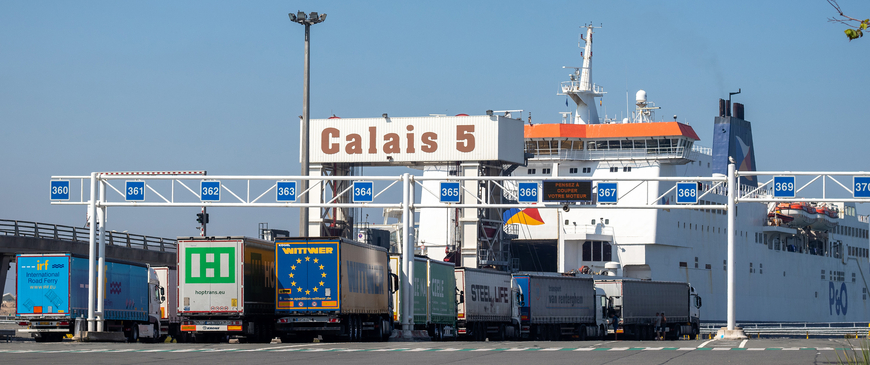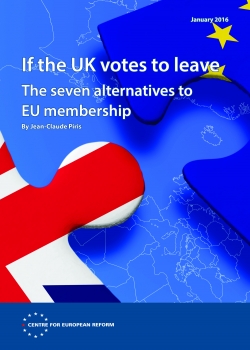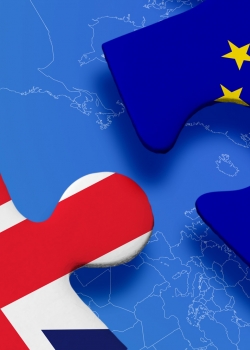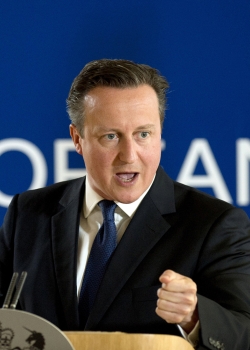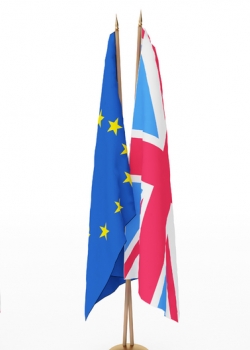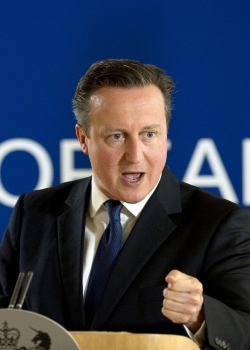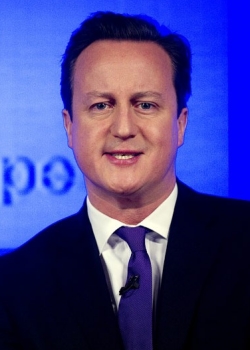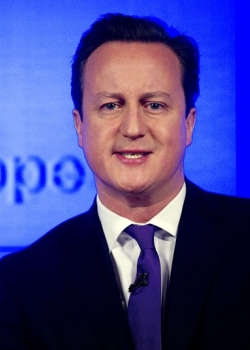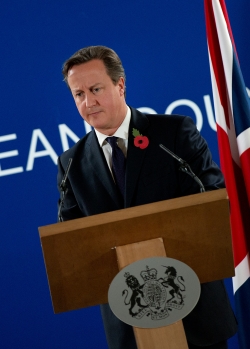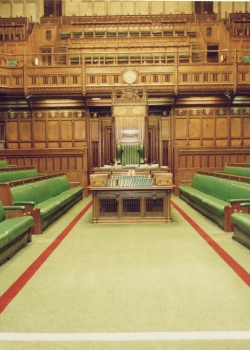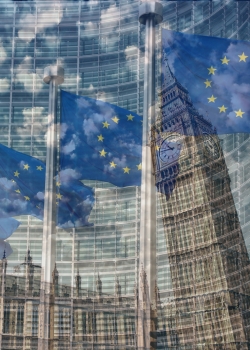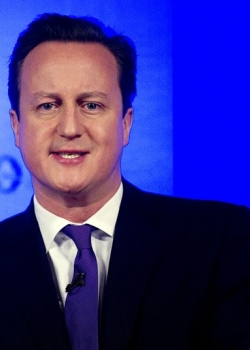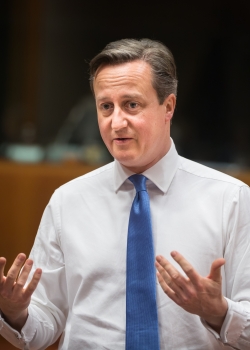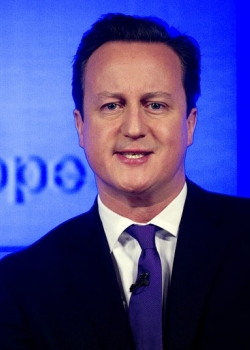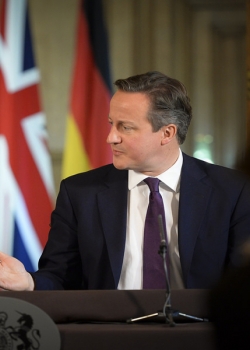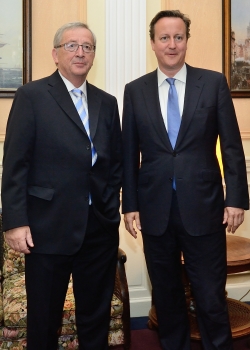Brexit
The UK brought down the curtain on 47 years of membership of the European Union on January 31st 2020. Both parties managed to rubber-stamp a trade and co-operation agreement (TCA) before the deadline of December 31st 2020, which includes provisions for trade, fishing, data sharing and security. However, the Brexit process triggered by the 2016 referendum is far from over. The UK and the EU disagree over how to interpret both the TCA and the earlier Withdrawal Agreement, which sets the terms for Britain’s departure, including the financial arrangements and the special status that will apply to Northern Ireland. The two sides are likely to be negotiating over their disagreements for many years to come.
Daily Politics: Cameron's Brussels renegotiations
Seven shades of strife if Brexit goes ahead
Brexit is the easy bit
UK and the EU: How to make a Brexit
Twelve things you need to know about Brexit
Letters: Britain’s future depends on relations with countries outside the eurozone
EU referendum: What should the In campaign be saying? - Is it time for hope or fear?
BBC World at One: Cameron's EU referendum negotiations
Q: With Europe at the top of the Tory party conference agenda, is Cameron's EU renegotiation doomed to fail?
Britain can't be Norway, and Eurosceptics know this
Vijf mythes over het Britse referendum
David Cameron should stand up to the eurozone
Britain’s Eurosceptic ground zero
Wake up, Westminster! Why MPs should pay more attention to the EU
The British parliament has been...
Groundhog day for Europe: Why David Cameron needs to learn from his mistakes
Will the ongoing Greek crisis have a positive impact on Britain's renegotiation with the EU?
Those who believe that an embattled EU, weakened by an ongoing Greek crisis – or worse, Grexit – would give big concessions to David Cameron are misguided.

